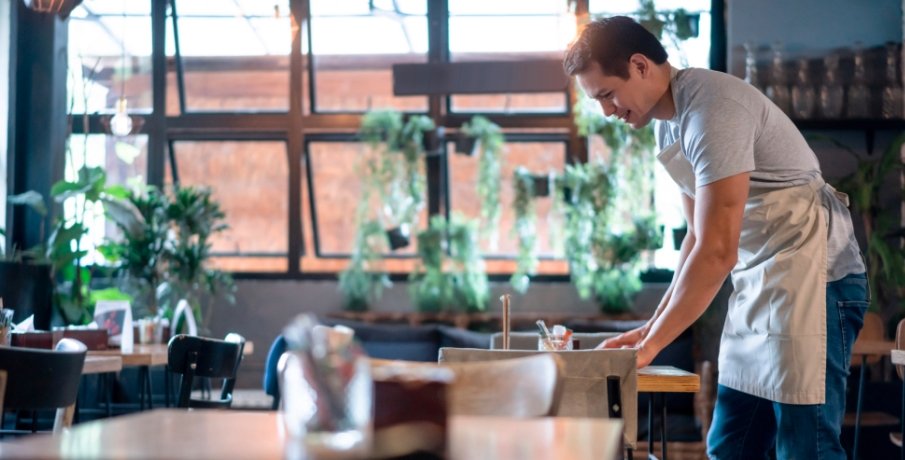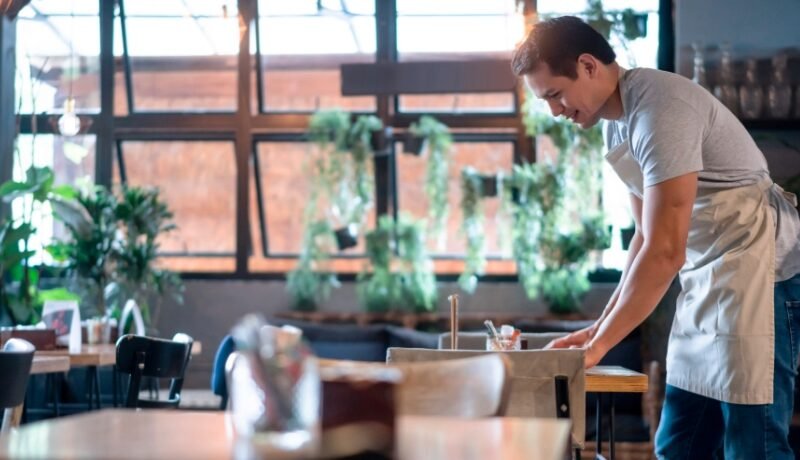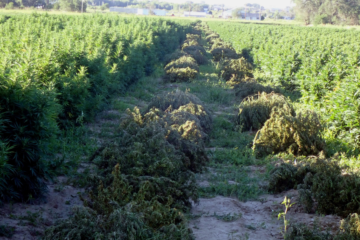The province of British Columbia is exploring the possibility of allowing cannabis consumption spaces, such as lounges, cafes, and special events, where people can legally buy and use cannabis on site. While the government is seeking public input on this issue, some businesses have already started to offer cannabis-friendly spaces for their customers.
What are cannabis consumption spaces?
Cannabis consumption spaces are places where people can purchase and consume cannabis products in a social setting, similar to how alcohol is served in bars and restaurants. These spaces could include cafes, lounges, spas, concerts, festivals, and other events that cater to cannabis enthusiasts or curious consumers.
Currently, cannabis consumption spaces are not permitted in BC, as the provincial cannabis framework does not allow for on-site sales and use of non-medical cannabis. However, the government is launching an online public engagement to gather feedback from British Columbians on whether they would support or oppose these spaces and how they should be regulated.
The public consultation runs from April 6 to May 8, 2022, and covers a wide range of topics, such as public health and safety, business opportunities, community impacts, and Indigenous and local government roles. The government says it will release a summary report of the engagement later this year.
Why are cannabis consumption spaces being considered?
The government says it has heard from cannabis businesses and consumers that consumption spaces could provide an opportunity for the sector to become more economically viable and could better meet the interests of people who use cannabis. Consumption spaces could also help reduce stigma and increase social acceptability of cannabis use, as well as create new tourism attractions and cultural experiences.

According to a survey conducted by the government in 2022, more than half of cannabis consumers said they would visit a consumption space, while only 22% of non-consumers said the same. Online responses were even more favourable, with 78% of cannabis consumers and 0% of non-consumers expressing interest in consumption spaces.
Some industry associations, such as ABLE BC, have been lobbying for the legalization of consumption spaces, saying they would benefit both cannabis retailers and consumers. Bo Chen, head of cannabis membership for ABLE BC, says, “This is a welcome first step in addressing stigma and will improve the social acceptability of cannabis use. We are grateful to our partners at the LCRB for their openness to industry engagement and diligent work to foster a responsible and thriving cannabis retail landscape. This change is just the beginning of building a policy framework that works for our cannabis retail members.”
How are cannabis consumption spaces operating in BC?
While the government is still deliberating on the future of consumption spaces, some businesses have already taken the initiative to offer cannabis-friendly spaces for their patrons. For example, the Green Room Society in Vancouver is a cannabis lounge that provides a safe and comfortable environment for people to enjoy cannabis products. The lounge does not sell cannabis, but allows customers to bring their own and use it on site. The lounge also offers food, drinks, entertainment, and education on cannabis.
Another example is the Cannabis Farmers Market in Victoria, which is a monthly event that showcases local craft cannabis producers and vendors. The market allows people to buy and consume cannabis products on site, as well as learn about the different strains, methods, and benefits of cannabis. The market also features live music, art, and food trucks.
These businesses and events operate under a legal grey area, as they do not have official licenses or permits to allow cannabis consumption on site. However, they say they have not faced any enforcement actions or complaints from the authorities or the public. They also say they follow strict health and safety protocols, such as checking IDs, enforcing age limits, prohibiting alcohol, and ensuring ventilation and sanitation.
What are the challenges and opportunities for cannabis consumption spaces?
If cannabis consumption spaces are allowed in BC, they would need to align with provincial public health and safety objectives, such as preventing youth access, protecting workers and bystanders from second-hand smoke, and reducing impaired driving. Consumption spaces would also need to respect the rights and interests of Indigenous and local governments, who have a key role in determining whether and where licensed cannabis sales can take place in their communities.
Consumption spaces could also face competition and opposition from other sectors, such as the alcohol and hospitality industries, who may see them as a threat to their market share and customer base. Consumption spaces could also generate social and environmental impacts, such as noise, odour, waste, and crime, that could affect the quality of life of nearby residents and businesses.
On the other hand, consumption spaces could also create new opportunities and benefits for the cannabis sector and the broader society. Consumption spaces could generate more revenue and jobs for cannabis businesses, as well as more tax income for the government. Consumption spaces could also provide more choice and convenience for cannabis consumers, as well as more education and awareness for the public. Consumption spaces could also foster a sense of community and culture among cannabis enthusiasts and curious consumers, as well as attract more tourists and visitors to the province.
What are the next steps for cannabis consumption spaces?
The government says it will use the feedback from the public engagement to inform its decisions on whether to permit cannabis consumption spaces and how to regulate them. The government says it will also consider the experiences and best practices of other jurisdictions that have allowed consumption spaces, such as Alberta, Ontario, and some US states.
The government says it does not have a timeline for making any changes to the current cannabis framework, but it will continue to monitor and evaluate the cannabis sector as it evolves. The government says it is committed to ensuring that BC’s cannabis laws and regulations are responsive to the needs and interests of British Columbians, as well as aligned with the federal cannabis framework.




